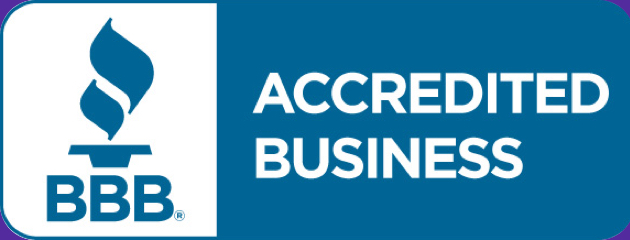Atenolol-Chlorthalidone FAQs
How much does Atenolol-Chlorthalidone cost without insurance?
Without insurance, customers can expect to pay $48.02 for Atenolol-Chlorthalidone, but this price may vary based on the dose prescribed. With a SingleCare savings card, the cost of Atenolol-Chlorthalidone drops to $11.96 for 30, 50-25mg tablets.
How much does Atenolol-Chlorthalidone cost with insurance?
Your copay for Atenolol-Chlorthalidone with insurance will vary depending on your insurance plan and the dose prescribed. Ask your pharmacist to compare your insurance copay to your cost with a SingleCare Atenolol-Chlorthalidone coupon. You may find your SingleCare discount card saves you money – with SingleCare, Atenolol-Chlorthalidone costs only $11.96.
Does Medicare cover Atenolol-Chlorthalidone and how much does it cost?
Atenolol-Chlorthalidone is covered by most Medicare prescription drug plans. However, Medicare prescription drug plans do cover prescriptions for the brand-name version of the drug, Tenoretic. Patients without Medicare can save money with a SingleCare Atenolol-Chlorthalidone coupon – the price of Atenolol-Chlorthalidone with a SingleCare savings card is only $11.96.
What is the brand name of Atenolol-Chlorthalidone?
Atenolol-Chlorthalidone is a generic prescription drug that comes in tablet form. It is the generic alternative to AstraZeneca's Tenoretic and is manufactured by Teva, Zydus, Mylan, and several other generic manufacturers. If you need information or savings coupons for Tenoretic, feel free to search the SingleCare website or app. Our database includes information and savings for thousands of medications, medical devices, and supplements.
What is Atenolol-Chlorthalidone?
Atenolol-Chlorthalidone is a generic prescription drug that treats hypertension – elevated blood pressure – by slowing the heart and flushing water from the body. As a combination antihypertensive drug, it is prescribed only when patients have not met blood pressure goals using only a single-drug therapy, called “monotherapy.”
Atenolol belongs to a class of medications called beta blockers, which block the effects of adrenaline. Adrenaline stimulates the heart to beat, so blocking adrenaline both slows the heart rate and reduces the strength of individual heartbeats. As a result, the heart “pushes” blood into the arteries with less force, causing blood pressure to decline.
Chlorthalidone is a thiazide diuretic that prevents the kidneys from reabsorbing water and salt back into the bloodstream. The amount of urine increases and more water than normal is removed from the body. As water and salt decrease in the bloodstream, blood pressure goes down. Thiazide diuretics are among the safest antihypertensive drugs and are often the first to be prescribed for the condition.
Atenolol-Chlorthalidone is taken as a tablet once daily.
What are the side effects of Atenolol-Chlorthalidone?
While medicines may have side effects, many people experience no side effects, or the side effects they experience are very minimal. The most common side effects of Atenolol-Chlorthalidone include dizziness, nausea, decreased sex drive, impotence, slow heartbeat, diarrhea, feeling tired, headache, upset stomach, and constipation. More serious but rare side effects include dehydration, low potassium, and low sodium, and electrolyte imbalance, all effects of the diuretic. Because atenolol slows the heart, serious side effects can result if the heart slows down too much. Mental and mood changes include insomnia. Allergic reactions are rare and include swelling, rash, and shortness of breath. This is not a complete list of side effects that may occur. Consult with your doctor or pharmacist about possible side effects before taking this medicine.








